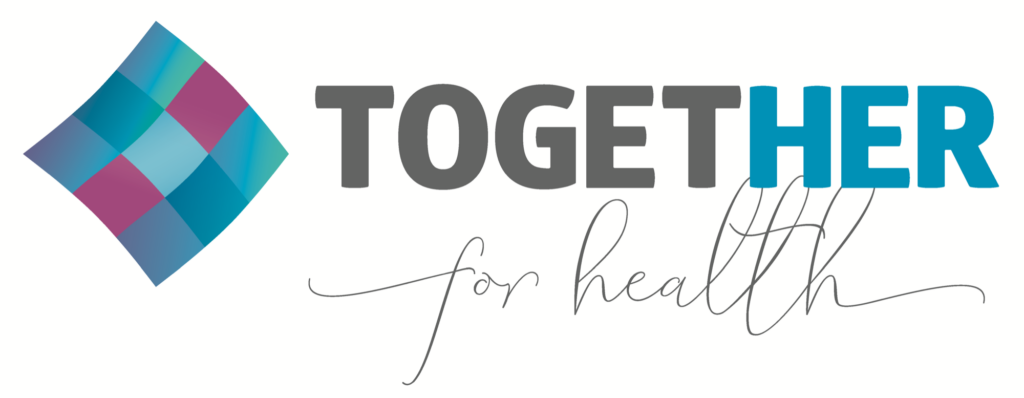Preventing Cervical Cancer: Education Should be Geared Towards Solving Problems of the Society
By Dr. Kofi Effah
January is being celebrated in Ghana as cervical cancer awareness month. This is laudable considering the fact that cervical cancer, a very preventable disease, kills many Ghanaian women. It is great to create awareness about cervical cancer leading to action (lifestyle modifications, vaccination, screening and treatment of precancerous lesions of the cervix) to prevent cervical cancer. Unfortunately, many times, people will forget about cervical cancer till we are in January when this is brought up again. We must make this a daily affair!
So this year looking at the awareness creation by many groups, many women will get to know about cervical cancer and what they can do to prevent it. Lifestyle modification (especially sexual lifestyle modification so as not to acquire the Human Papillomavirus [HPV] infection which causes cervical cancer) is important. Beyond this, what do we tell Ghanaians to do? This is where we have failed. Ghana does not have a national HPV vaccination programme. Even for those who can afford to pay from their pockets to get vaccinated and to get their children (girls and boys, yes boys too!) vaccinated, there are not many health institutions in Ghana where they can get vaccinated.
We have the same problem with screening and treatment of precancerous lesions of the cervix. Not many centres in Ghana do this. It is for this reason that the Cervical Cancer Prevention and Training Centre in Catholic Hospital Battor was established in May 2017. The centre has officially trained close to 100 health workers (General nurses, midwives, community health nurses, physician assistant, doctors) across Ghana. Thanks to the Tema Lions Club and other sponsors, over 160 health workers across Ghana are in line for training in Battor in 2020.
This may sound good, but let’s pause for a while and look into the future. If we do not actively train more health workers over the years, those who are currently being trained will go on retirement in the next 30 years. We may come back to where we started.
I have always challenged our education system. I believe education should equip people to solve problems. If cervical cancer is a major problem in Ghana, then our education system must be tailored to produce people to solve it. General nurses, midwives, community health nurses, physician assistants and doctors must come out of training not just with theoretical knowledge but with practical skills to solve our problems.
We have demonstrated at the Cervical Cancer Prevention and Training Centre in Catholic Hospital in Catholic Hospital, Battor that this is possible. We should be able to incorporate this kind of training in nursing and midwifery schools and others. Until we do this, we may go round in circles as a country, and find reasons to celebrate January as a cervical cancer awareness month every year.
Dr. Kofi Effah is a gynaecologist and head of the Cervical Cancer Prevention and Training Centre in Catholic Hospital, Battor in the North Tongu District of the Volta Region of Ghana. TogetHER thanks Dr. Effah for his permission to repost this piece. For more information on CCPTC Battor, please read TogetHER’s case study on “Building capacity to address cervical cancer in Ghana.”
